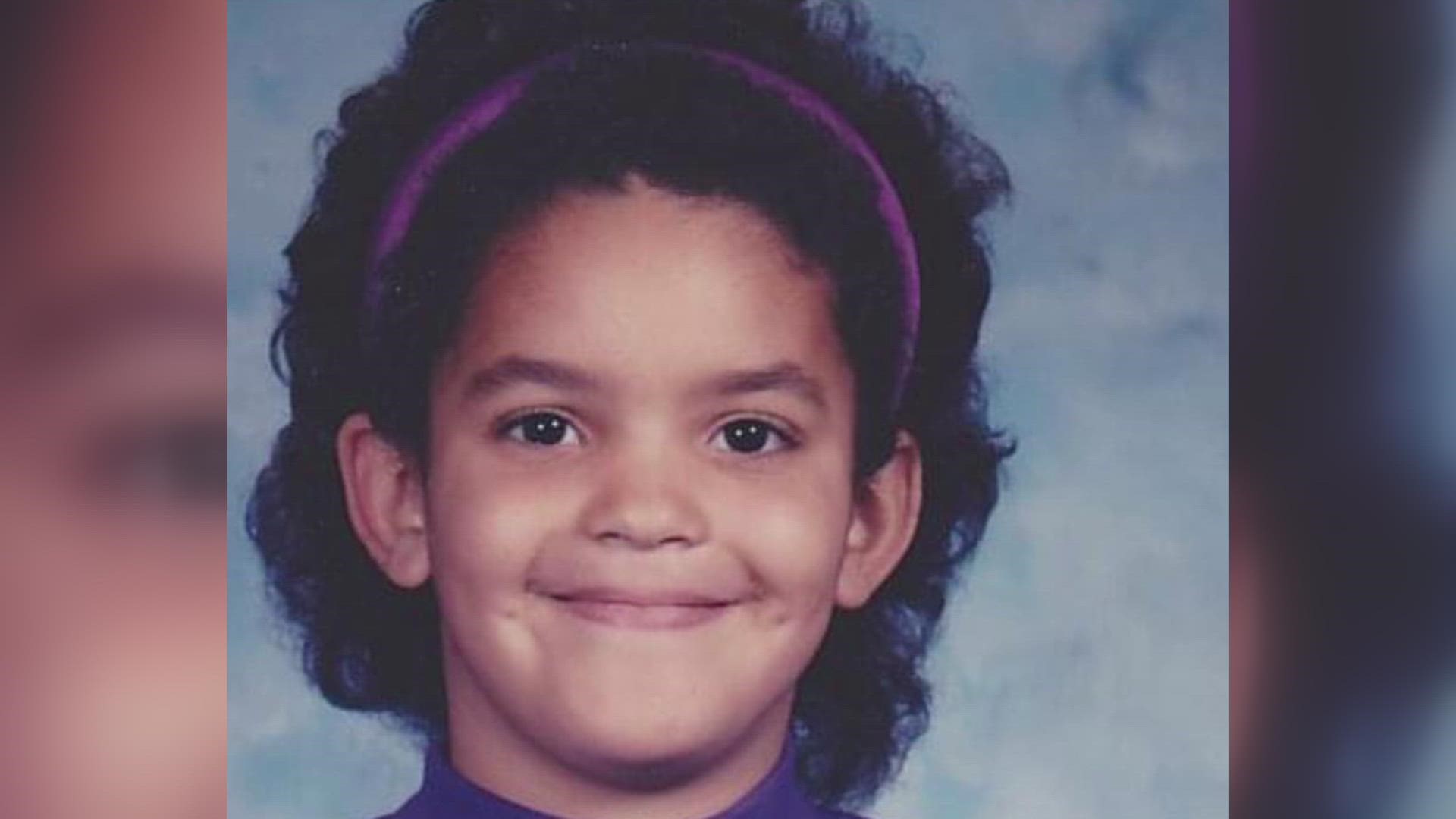MARYVILLE, Tenn. — In 2020, as protests swept across the nation over the death of George Floyd and the deaths of Black Americans by police, Alexandaria Bolz was at home.
She is a 35-year-old biracial woman who grew up with white members of her family, and who never knew who her Black father was. The outrage over Floyd's deaths inspired her to learn more about her roots and the identity that shaped her experiences.
"So, Black Lives Matter; this sounds really cheesy, but it saved my life," she said. "And George Floyd happened at a time where I had the availability to be able to be out on the streets and do some of the civil rights work."
While organizing and working with advocates, she also picked up a DNA test kit. Previously, she had given up on learning about her father and her racial identity. She said almost everyone in her family knew that the chances of her finding her father after 35 years were slim.
But when her DNA results came back, Bolz's paternal grandmother saw her picture in the family's profile.
"And it said, 'Grandchild,' and I said, 'Really?'" said Cheryl Ligon.
She later told her son, Eroll Jennings, that he had a daughter. And he said he was blown away to learn about his daughter.
"Truthfully, I think I know more about my Black side now than I know about my white side," said Bolz. "They are an amazing group of people."
Bolz met with her father for the first time and learned about her Black ancestors who were business owners in Tennessee, and she learned about her family in Michigan who fought for the civil rights of all Americans.
"Now, it's like, I would never, never could imagine life without her," said Jennings, her father.
They said they keep in touch and now spend holidays together, after connecting online through a DNA testing service.

